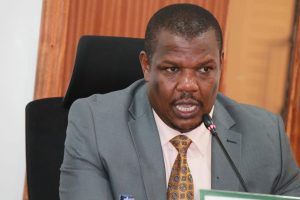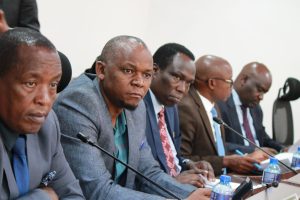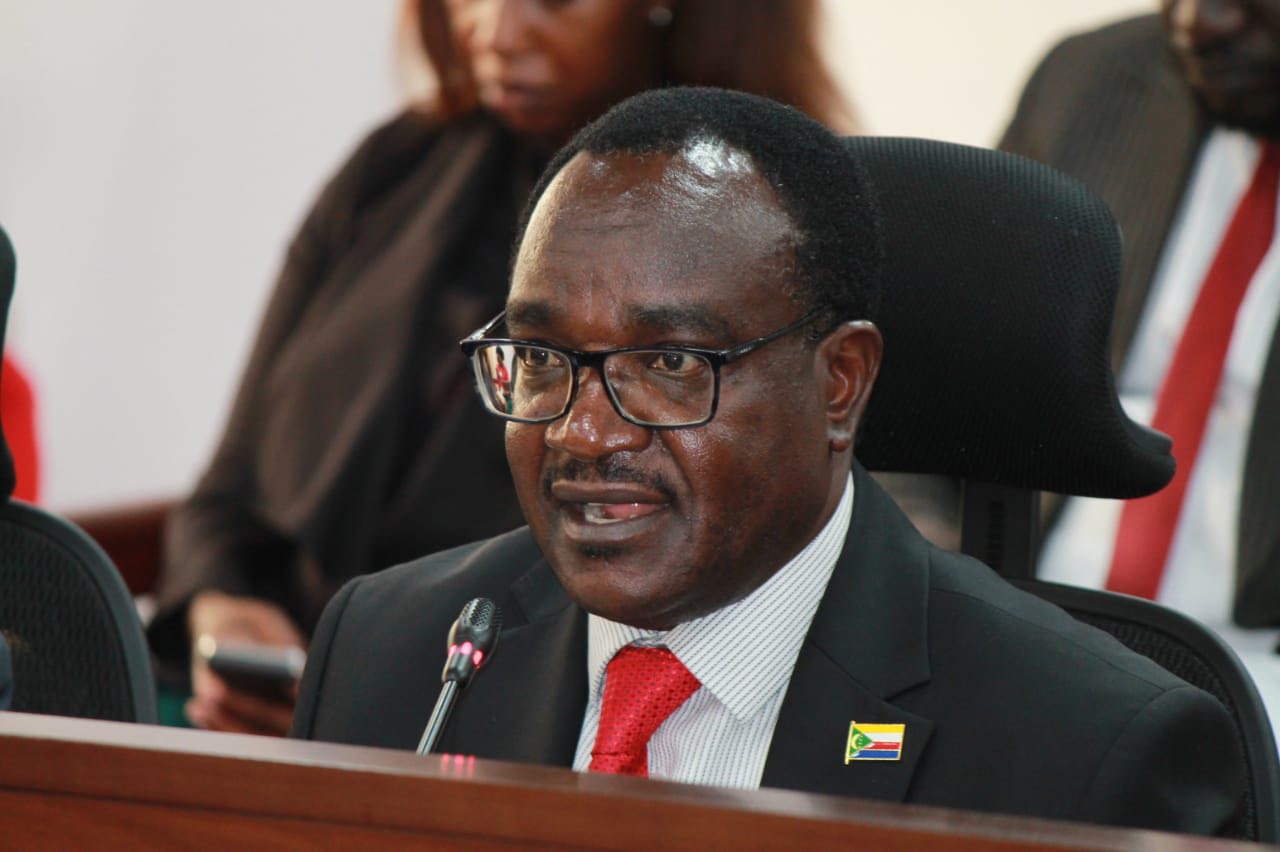The Public Investments Committee on Governance and Education has identified the unchecked expansion of universities, coupled with bloated staffing, as the primary challenge hindering institutions of higher learning from sustaining their payroll, operations, and maintenance expenses.
Citing the Technical University of Kenya (TU-K), the Committee, chaired by Bumula MP, Jack Wamboka, observed that since its elevation to a full-fledged university on January 15, 2013, the institution has operated with chronic funding shortfalls.

“It’s approximated monthly revenue of Kshs. 207 million, including Kshs. 63.3 million in capitation, falls short of covering the monthly expenditure of Kshs. 314 million,” the committee stated.
The lawmakers also highlighted a monthly wage bill of Kshs. 272 million has not been met, contributing to an accumulated debt of Kshs. 12.99 billion, including arrears from the 2017–2021 Collective Bargaining Agreement (CBA) cycle.

“Due to these cash flow challenges, the University resorted to paying net salaries to all staff, failing to remit statutory deductions (pensions, PAYE, and housing levy) and third-party deductions (union dues, bank loans, SACCOs, welfare contributions, and insurance premiums) from employees’ salaries. These financial difficulties have subsequently led to accumulating pending bills,” MP said.
Turning their attention to Moi University, the Committee noted that the institution has also been facing difficulties in meeting its day-to-day operational costs and the non-remittance of payroll deductions.
The pending bills as of March 31, 2025, stood at Kshs. 9,234,952,068.
Consequently, Moi University also resorted to paying net salaries to all staff, failing to remit statutory deductions (pensions, PAYE, and housing Levy) and third-party deductions (union dues, bank loans, SACCOs, welfare contributions, and insurance premiums) from the employees’ salaries,” noted the committee.
The outstanding amount due to the Pension Scheme and Provident Fund is approximately Kshs4.2 billion, inclusive of interest and penalties. The Committee observed that this situation has contributed to the increasing number of strikes at the university.
Members also raised concerns regarding the resumption of office by Vice-Chancellors who had previously been sent on leave, specifically referencing Kenyatta University.
ALSO READ:
Fresh crisis looms as Moi University lecturers issue a strike notice
The Committee also observed that Prof. Paul Wainaina proceeded on leave on April 15, 2024, intending to utilise accumulated leave days, in line with a Circular from the Chief of Staff and Head of the Public Service. Records indicated that Prof. Wainaina had accumulated 202 leave days, which were set to lapse on January 30, 2025.
However, upon the expiration of the initial leave period, the Council resolved to send Prof. Wainaina on extended leave.
The Committee also heard that Prof. Wainaina believes his approved leave ended on 30 January 2025 and that he should, therefore, be allowed to resume office.
“Professor asserts that he is not subject to the retirement age because he is on a fixed-term contract, which lapses on January 26, 2026,” the lawmakers were told.
Seeking clarity on the matter, the lawmakers noted that a number of staff have been serving in acting capacities for prolonged periods, contrary to legal and regulatory frameworks. They specifically referred to the acting Vice-Chancellor of Kenyatta University, who has been in the acting role for one year.
In response, the Cabinet Secretary for Education, Julius Migos Ogamba, stated that to overcome these challenges, the Ministry of Education, in conjunction with TU-K, had developed a recovery plan that includes several measures, such as Direct Payroll Support, which will provide a net payroll support of Kshs. 145 million.
ALSO READ:
MPs question TUK leadership over unpaid salaries and rising debt
According to the CS, the support is to be provided for the period from January, 2025 through to 30th June, 2025 to ensure that staff salaries are paid on time.
The Ministry of Education also pledged to channel conditional grants to bridge the budget gap, with phased allocations over the next Financial Years from 2025/2026 to 2031/2032 to cover gross salaries and enable the timely remittance of statutory deductions.
“Under this arrangement, TU-K is expected to provide funds over the financial years 2025/2026, 2028/2029, and 2029/2030 to settle the outstanding liabilities of the wound-up TU-K Staff Retirement Benefits Scheme, in line with the overall recovery strategy,” CS said.
Regarding Moi University, CS Migos informed the Committee that the Government had allocated Kshs. 500 million to address the financial requirements for staff by the end of January 2025, and that this amount had been provided to the University.
ALSO READ:
Furthermore, to ensure an equitable resolution while balancing staff financial sustainability, the repayment plan for the pending bills accrued by Moi University, amounting to Kshs. 8.6 billion is set to be implemented in a phased manner.
The CS told the lawmakers, “We are working with all stakeholders in the university subsector to ensure that our universities are run efficiently and sustainably so that they do not run into financial crises as we have seen before.”
“A key part of this is good corporate governance, which we are working to instil by appointing competent and suitable persons as Council members and as senior management in our public universities”, Migos added.
Turning to Prof. Wainaina’s case, the CS noted that the issue was currently in court, and the ministry was awaiting the outcome of the legal process.
“As a Ministry, we have taken the position that we will be guided by the decision of the Court once the matter is concluded”, CS Migos
Members commended CS Migos for the informative response and the swift action taken to address some of the challenges facing institutions of higher learning but urged him to take a firm stance, particularly regarding what they described as “rogue University councils” that are politically motivated and consequently appoint unqualified vice-chancellors and principals who ultimately mismanage the institutions.
By Brian Ndigo
You can also follow our social media pages on Twitter: Education News KE and Facebook: Education News Newspaper for timely updates.
>>> Click here to stay up-to-date with trending regional stories
>>> Click here to read more informed opinions on the country’s education landscape






